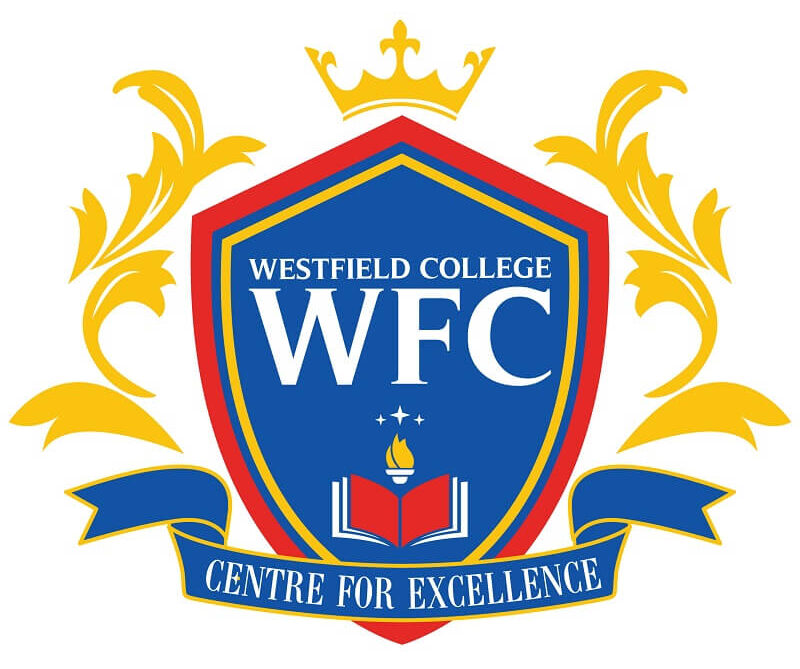Communication in Health and Social Care. Great Course. Very Easy to Understand
MA CAMH (Child and Adolescent Mental Health)

MA CAMH (Child and Adolescent Mental Health)
Overview:
The MA CAMH course (Child and Adolescent Mental Health) is for people who work with, or intend to work with children or young people whose social and emotional development and functioning is affected adversely, or who risk being affected by mental health difficulties.
The course is distinctive in that it provides a non-clinical route for generalist and more specialist practitioners, managers and researchers to develop their knowledge of CAMH in a broad context. It is the only course of its kind in Wales and one of very few similar courses available in England.
This CAMH course develops knowledgeable and reflective professionals who are able to draw on evidence-based practice in ways that will impact on the workplace and on outcomes for the children and young people in those services.
It has been designed to provide opportunities for students to develop their professional knowledge, skills and understanding and most importantly their capacity for critical thinking. This postgraduate qualification in CAMH offers you the opportunity to learn alongside professionals from a range of professional backgrounds and diverse backgrounds in a highly supportive context.
Online application form
Information requested on this form should be completed in as much detail in order to process your application successfully. All fields marked * must be completed.
Apply Now
Entry Requirements
A good first degree is preferred but experience is greatly valued.
- Full-time and part-time students choosing modules which have a placement component as part of the assessment process, will need to provide evidence of a current enhanced DBS check (or its equivalent if you are an EU or international student)
- Full-time students wishing to take advantage of the opportunity to participate in the Internship Scheme will also need to provide evidence of a current enhanced DBS check (or its equivalent if you are an EU or international student)
The course welcomes international applicants and requires an English level of IELTS 6.0 with a minimum of 5.5 in each component or equivalent.
Interview
An informal discussion with the course tutor can be arranged after application, if the candidate would like this.
WHAT YOU WILL STUDY
Students on the Masters in CAMH will complete three core 30-credit modules, one or two additional specialist modules, and a Dissertation Module (30 credits or 60 credits). Choosing the shorter Dissertation allows students to take an extra specialist module.
The first core module
CAMH: Contexts and Concepts
This has a theoretical focus and introduces students to key concepts within CAMH, and develops their ability to look critically at CAMH issues in context, looking for example at the concepts of risk and protective factors in relation to good outcomes for children and young people.
Managing and Supporting CAMH and SEBD
This looks more at theory of practice and develops your ability to look critically at the range of approaches to prevention and interventions through an exploration of a range of approaches and evidence-based interventions.
Research Methodology
This provides you with the knowledge, skills and confidence to undertake a piece of primary or secondary research.
Dissertation (30 credits or 60 credits)
This module supports students in developing and carrying out a piece of substantive research. Choosing the shorter Dissertation allows students to take an extra specialist module.
Other optional modules include:
- Promoting Excellence in Learning and Teaching
- Leading and Managing SEN / ALN
- Innovation in Curriculum Design
- Working with Vulnerable Groups
- Autism: Contexts and Concepts
- Managing and Supporting Autism
- Developing Digital Competence
- Developing Learning in Organisations
- Developing People in Organisations
- International Perspectives on Early Childhood
Teaching
The course provides students with the knowledge, skills and understanding to develop as reflective practitioners. This is reflected in both the content and the process of the course. Both modules draw on problem-based learning, case study, role-play and practical sessions which all contribute to a rich learning experience.
Formative assessments include the requirement for students to disseminate their learning through presentations, which supports the role that many graduates of the course will have in leading the implementation of new approaches and new interventions and supporting colleagues. Each module is broken down into 10 on-campus sessions of three hours each, most of which are evening sessions (for part time students all the sessions are delivered in the evenings).
Taught sessions are supported by independent study and individual tutorials. Resources are provided electronically wherever possible and so most of the independent study can be undertaken off campus.
Assessment
Each module will be assessed through a 5000-word assignment or equivalent on a negotiated topic.
COURSE DETAILS
We regularly revalidate courses for quality assurance and enhancement
At USW, we regularly review our courses in response to changing patterns of employment and skills demand to ensure we offer learning designed to reflect today’s student needs and tomorrow’s employer demands.
If during a review process course content is significantly changed, we’ll write to inform you and talk you through the changes for the coming year. But whatever the outcome, we aim to equip our students with the skillset and the mindset to succeed whatever tomorrow may bring. Your future, future-proofed.
Additional Costs
As a student of USW, you’ll have access to lots of free resources to support your study and learning, such as textbooks, publications, online journals, laptops, and plenty of remote-access resources. Whilst in most cases these resources are more than sufficient in supporting you with completing your course, additional costs, both obligatory and optional, may be required or requested for the likes of travel, memberships, experience days, stationery, printing, or equipment.
CAREERS
Students on the MA CAMH Course are often professionals working in Children’s Services (education, health and social care) who would like to develop their expertise in relation to CAMH issues as they find themselves working with children and young people with a greater range of more complex difficulties. Practitioners have used their studies to support promotion within a service and/or a move into a more specialist role. Increasingly students have just completed their undergraduate degree and are using the MA qualification to strengthen their applications in a competitive job market. The MA CAMH has also been successfully completed by international and European students from a number of countries including Oman, Nigeria, Greece, and Malta. International and European students, who are often writing in a second language, and students returning to study, will be supported both through discrete sessions on academic writing available to all Professional Learning Students and through the study skills embedded in the CAMH Course.
A Master’s degree is required for professional advancement in numerous occupations, and is widely seen as evidence of a successful commitment to high level professional development. An MA award demonstrates that you have developed advanced level skills in analysis, evaluation and research. If you are interested in the possibility of going on to a higher degree by research, your tutors will be pleased to discuss the opportunities for doing so here at the University of South Wales.
Fees
Full time
- 12 to 18 months
£7,250
You’ll study 9 modules in total (approx. 37 hrs/week).
Part time option one
- 12 to 18 months
£4,250
You’ll study 6 modules per year (approx. 25 hrs/week).
Part time option two
- 12 to 18 months
£5,500
Have a question about our professional qualifications?

Contact us about our professional qualifications
If you have any questions about our professional qualifications in finance and banking, please contact our customer services team.
Call us
- +44 (0) 203 771 5653
- admissions@westfieldcollege.co.uk
What Our Students Have To Say
Hi, I recently started Access to Higher Education Diploma (Nursing and Midwifery) course with Westfield College.
--Komal Kiran Galaria
DesignerMy experience with Westfield College is great. The supervisor and the admin team are proactive and efficient.

